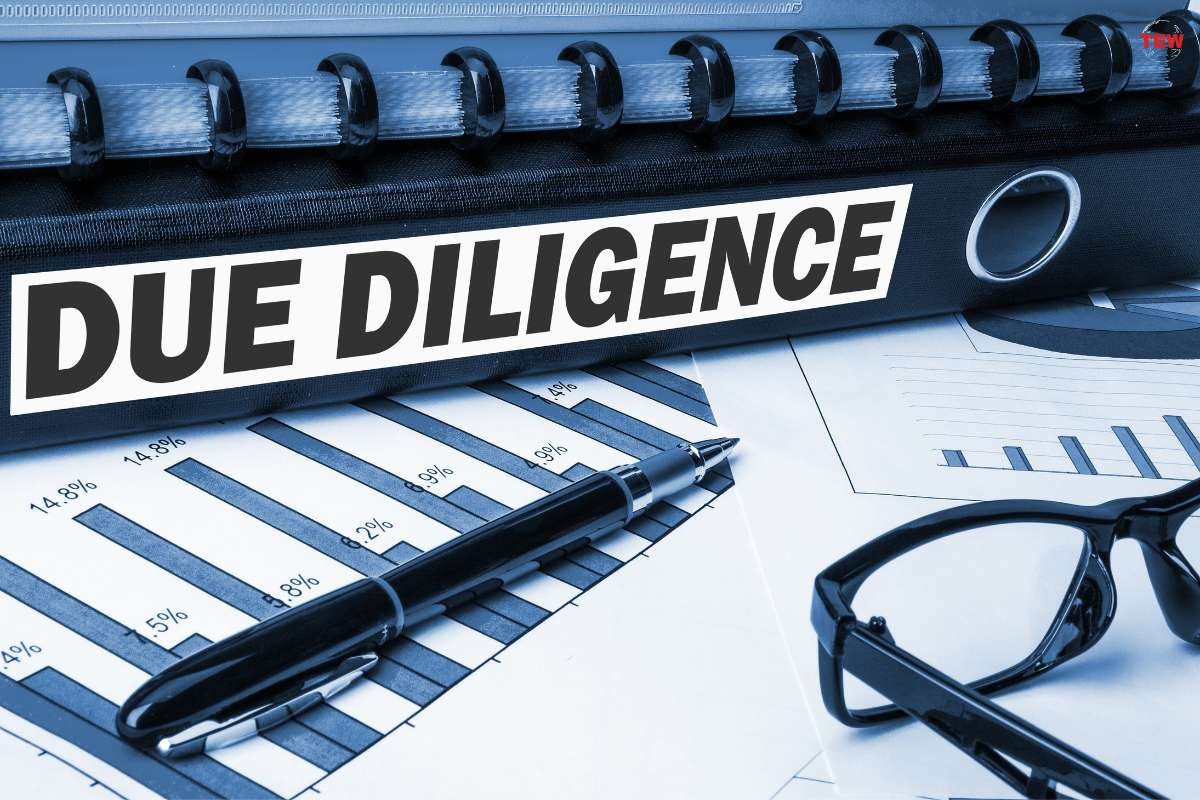Among new businesses, one aspect that’s often overlooked but can have a significant impact on the growth strategy is insurance due diligence. Although risks are often unavoidable in every business venture, when it comes to finances, even inevitable risks shouldn’t be taken lightly.
If you’re a business owner who’d like to learn more about insurance due diligence, this blog is your lifeboat. You’ll learn why it’s important, how it works, and the potential fallout your company might face if you skip this step. We’ll also help you identify which areas to focus your due diligence efforts on and provide practical tips to navigate the process. Sounds interesting? Read on to get started:
The Importance of Insurance Due Diligence
Insurance due diligence contributes to a company’s financial stability and success. When you periodically check your current insurance policies, potential liabilities, and risk exposures, you can prevent heavy losses.
Unforeseen events could lead to severe financial losses if your company has inadequate coverage. Moreover, due diligence protects your company and can boost your reputation as a responsible business owner. It helps in cementing stronger ties with clients, vendors, and partners.

A thorough insurance audit also points out gaps in your existing coverage, especially as your business evolves and changes. This knowledge will give you the power to make informed decisions when adjusting policies or buying new ones to safe-keep your growing business.
However, insurance due diligence can get challenging. But you can bypass the complexities by partnering with reliable insurance brokers like Bruce Insurance. Aside from providing advice, these experts could help you review your company’s insurance policies, assess risks and propose solutions, redesign the coverage, and even assist you in claims processing. More importantly, they can negotiate better with insurance firms, saving you money in the long run.
The Legal And Financial Repercussions
Failing to perform due diligence on your insurance can lead to severe legal and financial consequences. Unexpected lawsuits or property damage may arise, and insufficient insurance coverage could risk your business’s financial health. Plus, non-compliance with regulatory mandates may result in penalties and even legal charges.
By carrying out insurance due diligence, you can also expose areas for cost-cutting, like unnecessary or overlapping coverage. This can prompt necessary policy modifications that can help lower insurance premiums.
The Due Diligence Process: Key Areas to Focus On
Now that you know the importance of insurance diligence, it’s time to put it to use. Here are some aspects you’ll want to zero in on:

- Policy review: Analyze your current policies’ terms, conditions, limitations, and exclusions to ensure they fully cover your business. A thorough review can prevent unwelcome surprises when submitting a claim. For instance, understanding the circumstances under which a policyholder is covered can uncover potential gray areas that may present loopholes that can become risks.
- Risk exposure assessment: Scout for potential risks that could impact security, operations, and compliance. These could be liabilities if your business deals with sensitive data like customers’ private information; or environmental hazards, such as toxic chemical spills. In such cases, it’s best to connect with insurance advisors or risk management consultants, who can help identify and mitigate these threats effectively.
- Loss history analysis: Review previous insurance claims and any history of losses. This analysis could reveal trends that may indicate the need for enhanced risk management strategies or policy adjustments. Frequent claims in a specific case may indicate a need to improve internal controls or preventive measures.
- Regulatory compliance: Sticking to legal and regulatory requirements is paramount in insurance. It’s a must for businesses to adhere to all laws, regulations, and guidelines related to insurance coverage. Ensuring compliance helps prevent potential legal consequences and costly fines.
- Third-party insurance verification: Another aspect to focus on is verifying the insurance coverage of third-party associates such as partners, vendors, or subcontractors. It’s crucial to ensure that these entities carry appropriate insurance coverage to protect your business from liability issues. This process creates a safety net, reducing risks linked to third-party actions.
- Valuation and coverage: Finally, it’s vital to assess current policies to determine the coverage extent for property damage or loss. Consider factors like policy deductibles, limits, and replacement costs. A high deductible might result in significant out-of-pocket expenses, while a lower policy limit might not fully cover replacement costs.
Understanding these key areas will allow you to navigate the due diligence process confidently.
Practical Tips For Conducting Insurance Due Diligence
After learning the factors, you might find the implementation process overwhelming. Here are some tips to make the journey smoother:

- Start early and allocate ample time to review policies and implement necessary changes. Depending on the size and complexity of the company, this can take one to three months.
- Assemble a team of experts, including insurance brokers, legal advisors, and risk management consultants to guide you.
- Build a structured plan that prioritizes the most critical areas of focus based on your company’s industry, size, and specific needs.
These tips will help you organize the process with efficiency, ideally with the help of professionals and your most reliable staff members.
Final Thoughts
Investing in insurance due diligence can be a turning point for your company’s long-term success. By actively spotting potential risks, ensuring proper protection, and abiding by legal compliance, you’re building a fortress for your business against unexpected challenges.
Consider investing time and resources into conducting insurance due diligence today, and secure not just the present of your business but its future too.




